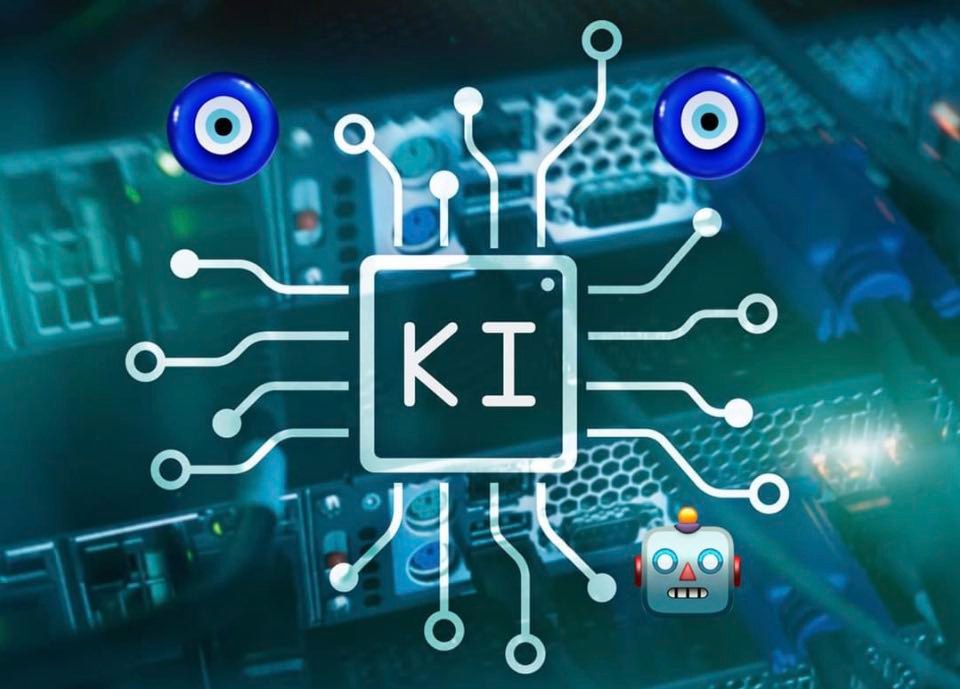The Future of Cryptocurrencies: How AI and ML are Revolutionizing the Industry

Basic Information on AI and ML:
Artificial Intelligence (AI) and Machine Learning (ML) are often used synonymously. They refer to systems or technologies designed to imitate or complement human-like intelligence.
AI/ML systems are often based on Machine Learning (ML) and Deep Learning (DL) technologies, which enable them to learn from data and recognize patterns.
There are three types of AI/ML systems: Weak AI/ML, Strong AI/ML, and Superintelligence. Weak AI/ML systems are specialized in a specific task, while Strong AI/ML systems are capable of performing a variety of tasks. Superintelligence refers to a hypothetical future in which AI/ML systems are capable of surpassing human intelligence.
Applications of AI/ML systems are diverse and include facial recognition, language translation, chatbots, autonomous vehicles, robotics, medical diagnosis, financial analysis, marketing, and many others.
There are also concerns regarding the security and privacy of AI/ML systems, particularly when they are deployed in sensitive areas.
Trading and Investment: AI and ML can also be used in automated trading strategies and algorithms to quickly respond to market trends and make more efficient trading decisions.
Fraud detection: AI and ML can be used in detecting fraud and unusual activities related to cryptocurrencies.
Risk management: AI and ML can be used in identifying and monitoring risks associated with cryptocurrencies, such as monitoring trading volumes and activities.
Blockchain monitoring: AI and ML can be used in monitoring blockchain transactions and activities to detect and prevent fraudulent activities. Identity verification: AI and ML can be used in verifying identities related to cryptocurrencies and blockchain transactions to avoid fraud.
Decentralized Finance (DeFi): DeFi protocols use blockchain technology to decentralize and automate financial services such as lending, trading, and insurance. AI can help improve risk management and monitoring of DeFi transactions.
AI-based trading algorithms: Automated trading algorithms rely on AI technologies to make quick and effective trading decisions. The use of AI can help optimize trading and improve risk management.
Identity verification: Identity verification is an important aspect of the cryptocurrency ecosystem. AI can help make identity verification more secure and efficient.
Data security: Data security is an important factor in the cryptocurrency space. AI can help improve data security through better monitoring and rapid response to attacks.
In summary, it can be said that AI have a wide range of applications in the field of cryptocurrencies. The technologies can help curate NFT platforms, automate and monitor DeFi transactions, develop automated trading algorithms, improve identity verification, and increase data security. There are currently many exciting developments in this area, and it is likely that many more interesting applications will emerge!
AI/ML systems are often based on Machine Learning (ML) and Deep Learning (DL) technologies, which enable them to learn from data and recognize patterns.
There are three types of AI/ML systems: Weak AI/ML, Strong AI/ML, and Superintelligence. Weak AI/ML systems are specialized in a specific task, while Strong AI/ML systems are capable of performing a variety of tasks. Superintelligence refers to a hypothetical future in which AI/ML systems are capable of surpassing human intelligence.
Applications of AI/ML systems are diverse and include facial recognition, language translation, chatbots, autonomous vehicles, robotics, medical diagnosis, financial analysis, marketing, and many others.
There are also concerns regarding the security and privacy of AI/ML systems, particularly when they are deployed in sensitive areas.
Applications of AI and ML in the field of cryptocurrencies. Here are some examples:
Price prediction: AI and ML can be used to make predictions about the price movements of cryptocurrencies. This can help traders and investors make informed decisions.Trading and Investment: AI and ML can also be used in automated trading strategies and algorithms to quickly respond to market trends and make more efficient trading decisions.
Fraud detection: AI and ML can be used in detecting fraud and unusual activities related to cryptocurrencies.
Risk management: AI and ML can be used in identifying and monitoring risks associated with cryptocurrencies, such as monitoring trading volumes and activities.
Blockchain monitoring: AI and ML can be used in monitoring blockchain transactions and activities to detect and prevent fraudulent activities. Identity verification: AI and ML can be used in verifying identities related to cryptocurrencies and blockchain transactions to avoid fraud.
Trends:
NFT platforms (Non-Fungible Tokens): NFTs are an emerging trend in the cryptocurrency space, based on blockchain technology that allows users to create and trade unique digital artworks, collectibles, and other digital assets. AI can help curate, evaluate, and manage NFTs.Decentralized Finance (DeFi): DeFi protocols use blockchain technology to decentralize and automate financial services such as lending, trading, and insurance. AI can help improve risk management and monitoring of DeFi transactions.
AI-based trading algorithms: Automated trading algorithms rely on AI technologies to make quick and effective trading decisions. The use of AI can help optimize trading and improve risk management.
Identity verification: Identity verification is an important aspect of the cryptocurrency ecosystem. AI can help make identity verification more secure and efficient.
Data security: Data security is an important factor in the cryptocurrency space. AI can help improve data security through better monitoring and rapid response to attacks.
In summary, it can be said that AI have a wide range of applications in the field of cryptocurrencies. The technologies can help curate NFT platforms, automate and monitor DeFi transactions, develop automated trading algorithms, improve identity verification, and increase data security. There are currently many exciting developments in this area, and it is likely that many more interesting applications will emerge!
